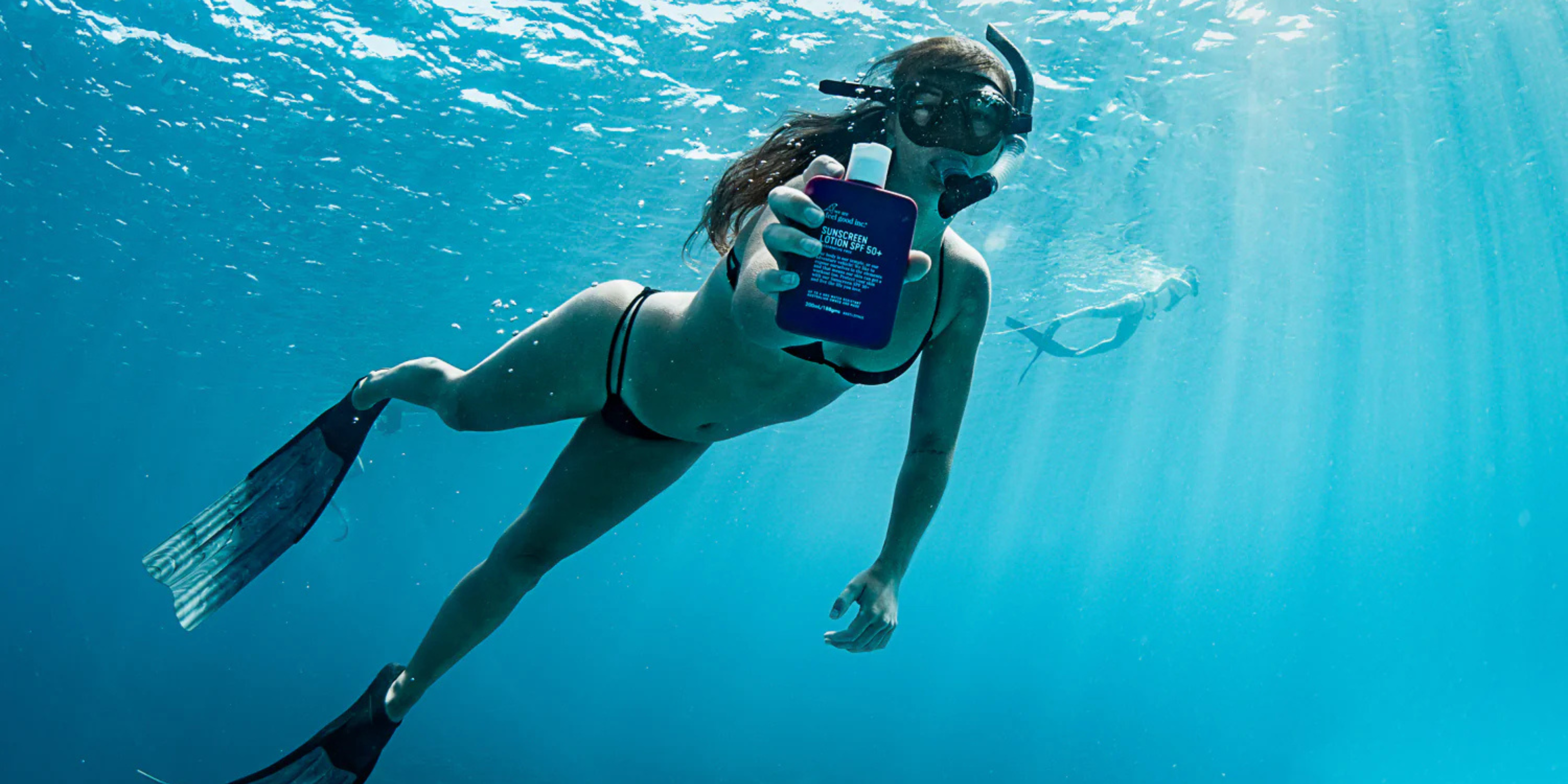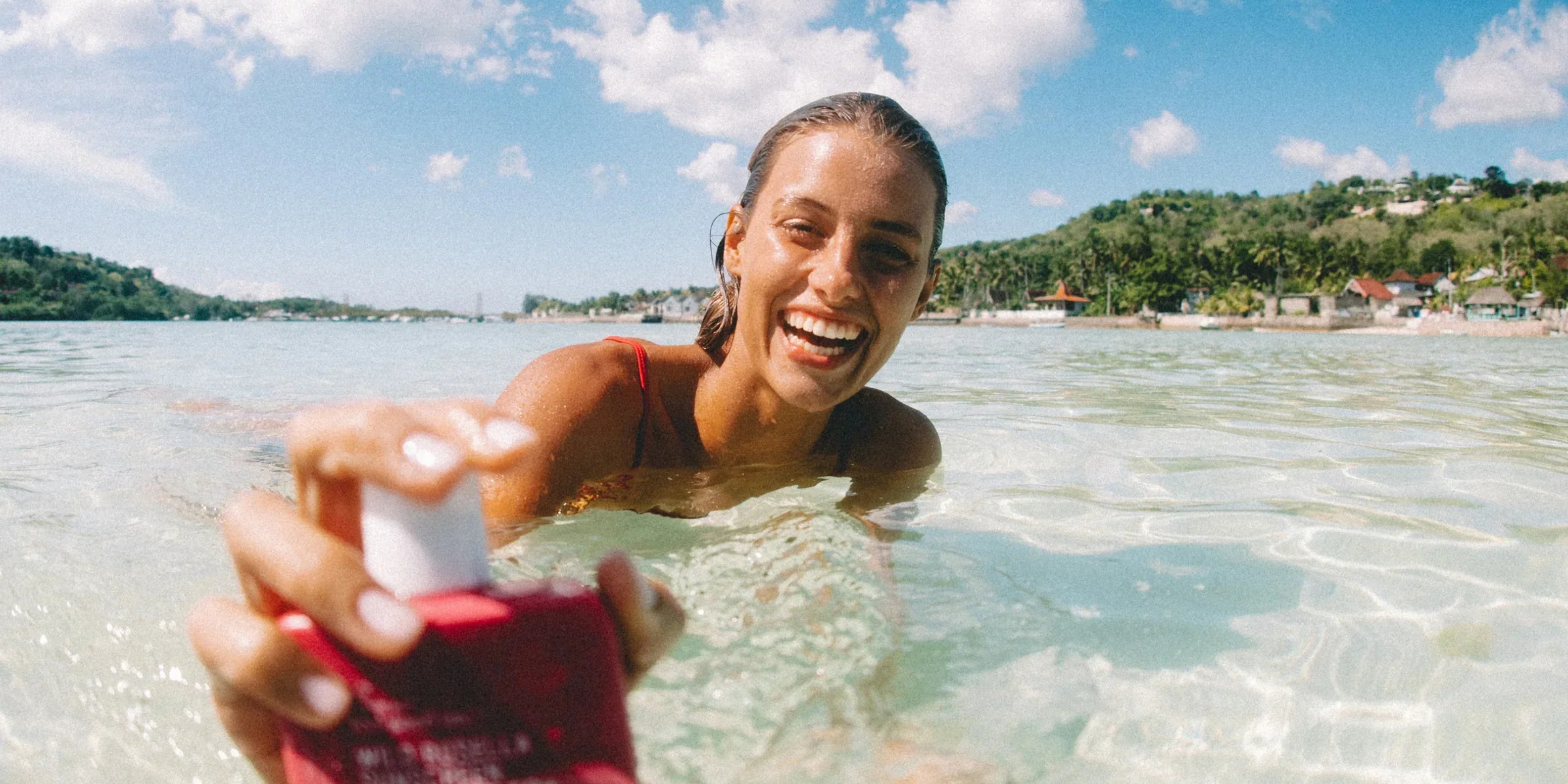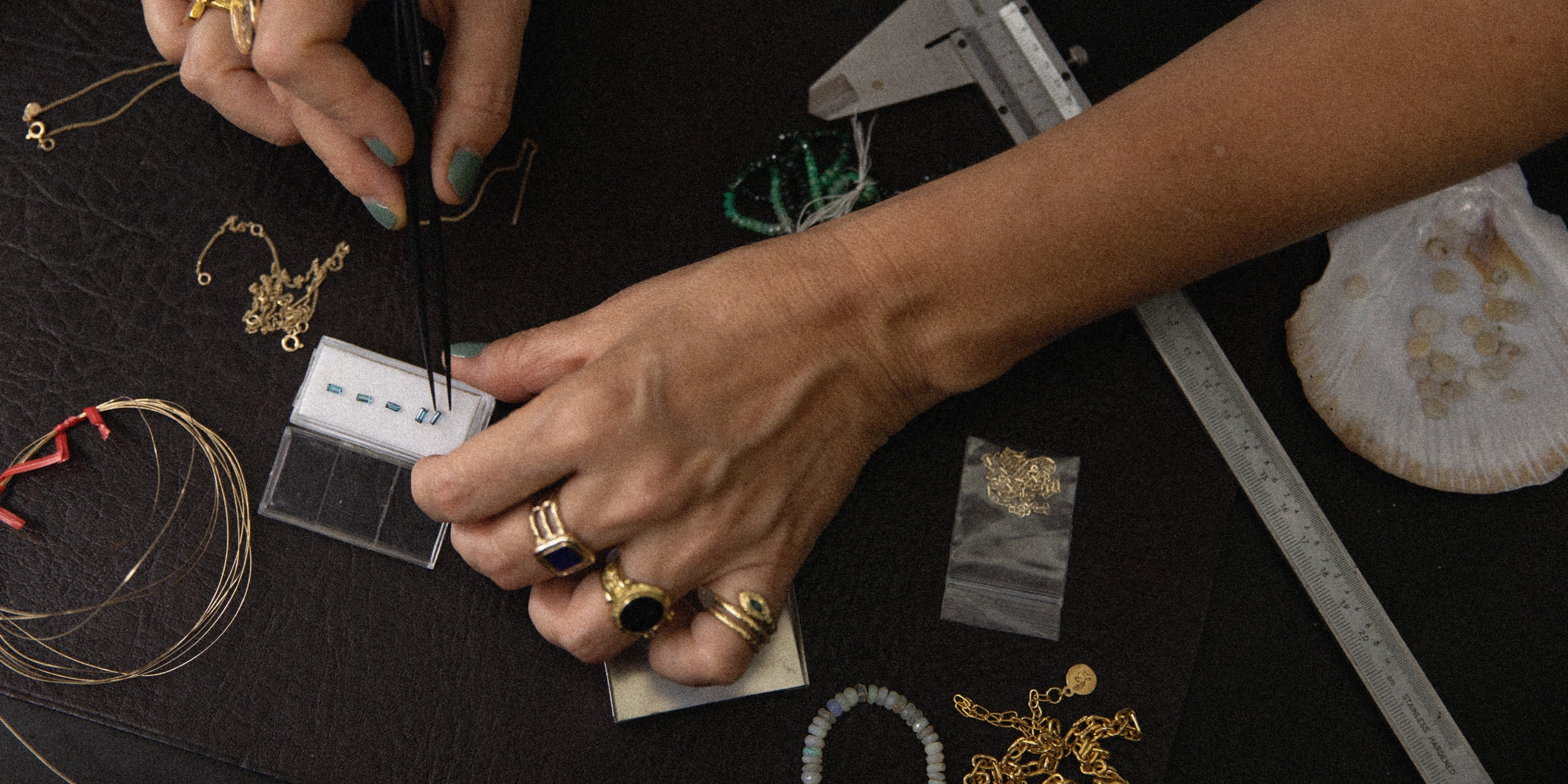
Is your Sun Cream SPF really harmful? | Should we always trust Ingredient Apps?

As more people become ingredient-conscious, ingredient apps have grown in popularity for rating food cosmetic & sun cream SPF products.
I made the mistake myself! I'd been shown the Yuka app by a customer in store who scanned our Sun Creams and I nearly died, as I all of a sudden had that thought that I was peddling a Sun Cream SPF that may be harmful to people... I had to do some further digging on these apps!
Well strangely enough my old bossman from my surf industry days literally dropped in-store for a quick visit a day later, and he just also happens to be the National Sales manager for We Are Feel Good Inc. We had a great chat about all my concerns, and he already had all the answers to my questions about ingredient apps. He promptly sent me more info which explained what I'm happily able to pass on to you.
Ingredient apps can be misleading when it comes to skincare—especially Sun Cream SPF'S.
These platforms claim to help users make healthier choices by scanning barcodes and offering quick “safety” scores for everything from cereal to sunscreen. But while the idea of ingredient transparency is important, apps like Yuka can be misleading when it comes to skincare—especially sunscreen, which is regulated and formulated very differently to food.
We Are Feel Good Inc., stand behind the safety, efficacy, and science of their sunscreen range. So, if you’ve come across a poor score for one of our sunscreen products we stock on an app like Yuka, here’s why it may not be telling the full story.
Many apps are designed primarily for food products
Apps like Yuka were initially developed to help users evaluate processed food ingredients—think preservatives, colourings, or added sugars. When this same system is applied to skincare, it often fails to account for the unique formulation needs of topical products.
Skincare ingredients are not digested—they interact with the skin surface, and are regulated for external use only. What may be flagged as harmful in food has an entirely different risk profile when used on the skin.
Ingredient ratings don’t reflect Real-World Usage
One of the biggest problems with ingredient apps is that they evaluate ingredients in isolation, without considering:
-
The percentage used in the product
-
The way it’s applied (e.g. topical vs. ingestible)
-
Regulatory approval for that category
For example, UV filters in your Sun Cream SPF 50+ might be rated poorly in the app due to outdated studies or high-dose lab data, yet are deemed completely safe and effective by Australian regulators when used at approved concentrations in sunscreen. Every We Are Feel Good Inc. product meets or exceeds Australia’s Therapeutic Goods Administration (TGA) requirements—among the most stringent sunscreen standards in the world.

Algorithms can’t replace Scientific Review
Ingredient Apps use algorithm-based scoring that doesn’t always involve review by dermatologists, toxicologists, or regulatory experts. This can lead to ingredient misclassification based on:
-
Outdated or poorly interpreted data
-
Fear-driven language (e.g. "endocrine disruptor" without proper context)
-
Automatically generated warnings without human oversight
This means even high-quality, well-formulated sun Creams SPF 50+ may be misrepresented simply because of the way the ingredient list is interpreted by the app’s algorithm.
Prioritise Science, not Hype
At We Are Feel Good Inc., they don’t just throw buzzwords onto labels. Their products are:
-
Dermatologist tested
-
PABA, paraben and preservative free
-
Reef-friendly and non-greasy
-
Made with ingredients chosen for efficacy, safety, and skin compatibility
They work alongside medical professionals and follow evidence-based practices to ensure their sunscreens perform under real-world conditions.

Trust the Experts, not the Apps
Apps like Yuka may serve as a useful tool to raise awareness, but they shouldn’t be treated as the final authority on skincare or sun creams. For a product to be approved for sale in Australia as a sunscreen, it must undergo rigorous testing and comply with strict TGA regulations—something no app algorithm can replicate.
So if you’ve seen a lower rating on an ingredient app for one of their sunscreens, rest assured it’s not a reflection of its true safety or quality. Their commitment is to keep your skin protected with products that are backed by science—not scare tactics.




